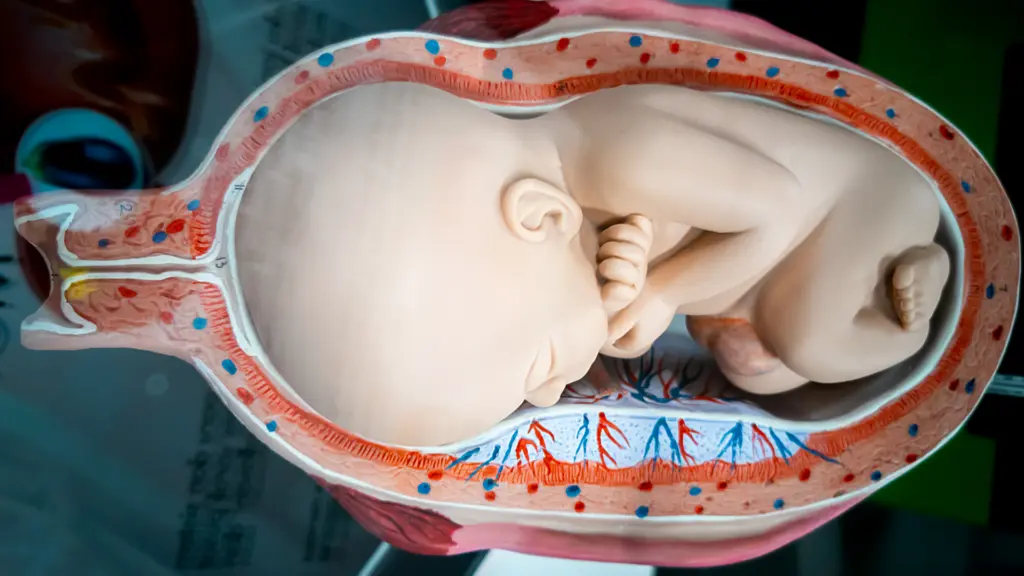Proud sponsor of:
What Many Moms Aren't Told
Pregnancy, giving birth and caring for an infant is a hectic and stressful time. Many women assume that because childbirth is a “natural” part of life, their bodies will instinctually know what to do and adjust accordingly during the process. When difficult and unpleasant symptoms arise, they may think that it just part of the “mom experience.”
It’s important to remember that just because many symptoms are common, doesn’t mean that they’re normal or that they have to be normal for you!
At Apple Healthcare, we’re here to help expectant mothers and new moms start life together with their child happy, healthy and active! We offer a full array of physical therapy, chiropractic and medical services for patients of all ages. Here’s a few specific services we offer to help moms during pregnancy and after giving birth!

Webster Technique for Breech Pregnancies
The Webster Technique is a safe, non-invasive method for turning breech babies before birth.
A baby that is not properly positioned for delivery can require invasive, painful and expensive birth intervention procedures.
The Webster Technique works by fixing subluxations in the mom, and relieving pressure on the uterus so the baby can move, which dramatically increases your odds of a normal delivery.
A baby that is not properly positioned for delivery can require invasive, painful and expensive birth intervention procedures.
The Webster Technique works by fixing subluxations in the mom, and relieving pressure on the uterus so the baby can move, which dramatically increases your odds of a normal delivery.
C-sections often require longer and more difficult recoveries than normal deliveries, and are thought to have potential lasting health effects for both mother and child. Despite this, delivery by Caesarean section is nearly ten times more common than it was 50 years ago.
Sometimes more aggressive interventions are needed for a safe delivery. However, with the Webster Technique, we can make sure they’re done out of necessity, and not just convenience.
If you have a baby in breech presentation, schedule an introductory appointment with our Webster Technique specialist today!
Sometimes more aggressive interventions are needed for a safe delivery. However, with the Webster Technique, we can make sure they’re done out of necessity, and not just convenience.
If you have a baby in breech presentation, schedule an introductory appointment with our Webster Technique specialist today!
Pelvic Floor Physical Therapy
Pregnancy causes major changes to the body including increased weight, postural changes, increased pelvic floor pressure and hormone fluctuations.
As such a central part of your body, the pelvic floor is subject to a considerable amount of stress and pressure. Weakness or injury can start a cascading progression of issues.
As such a central part of your body, the pelvic floor is subject to a considerable amount of stress and pressure. Weakness or injury can start a cascading progression of issues.
Some symptoms of pelvic floor dysfunction include:
- Abdominal pain
- Core muscle weakness
- Prolapse
- Urinary or fecal incontinence
Postpartum pelvic health PT can help you “restore the core,” and live an active, pain-free life! Depending on your needs, our plan of care may involve things like:
- Physical therapy exercises
- Bladder training
- Diet and fluid intake consultation
- Gut health assessment
- Hormone panels


Diastasis Recti Recovery
Diastasis recti is a normal condition most commonly associated with pregnancy. It is a natural, normal and necessary stretching of the abdominal muscles to make room for a baby to grow.
100% of women on their due date have least some abdominal separation. After giving birth, the body begins to heal, but for many that healing can be slow or incomplete. Six weeks postpartum, 60% of women still have a lingering ab gap. A year postpartum, one in three women still have a clinically-diagnosable diastasis.
100% of women on their due date have least some abdominal separation. After giving birth, the body begins to heal, but for many that healing can be slow or incomplete. Six weeks postpartum, 60% of women still have a lingering ab gap. A year postpartum, one in three women still have a clinically-diagnosable diastasis.
Symptoms of a linger diastasis can include:
- Hip, back and abdominal pain
- Poor posture and belly “pooch”
- Urinary or fecal incontinence
- Constipation
- Prolapse
Our Pregnancy & Postpartum Providers
The sphenopalatine ganglion (SPG) is a collection of nerve cells involved in most headache disorders. Tx360 treatments help stop the transmission of pain from those nerves.

Jamie Ligon, PT, DPT, PCES
Jamie can relate to pregnancy and postpartum issues as the mom of four (including twins!) A former Lady Vol track and field athlete, she also loves helping women safely return to an active lifestyle after giving birth.

Laura Dorrity, PT, RTY 200
Laura found her true calling in working in the subspecialty of pelvic health. She has taken extensive continuing education through Herman and Wallace for prenatal/postpartum care as well as on topics such as pelvic pain, bladder and bowel dysfunction.

Danique Howell, DC, MSHS
Danique is an ICPA-certified Webster Technique practitioner and loves to help expectant mothers experiencing breech pregnancies to turn the baby and have a normal delivery. She also has a focus on pediatric chiropractic, treating children with age-appropriate techniques.



